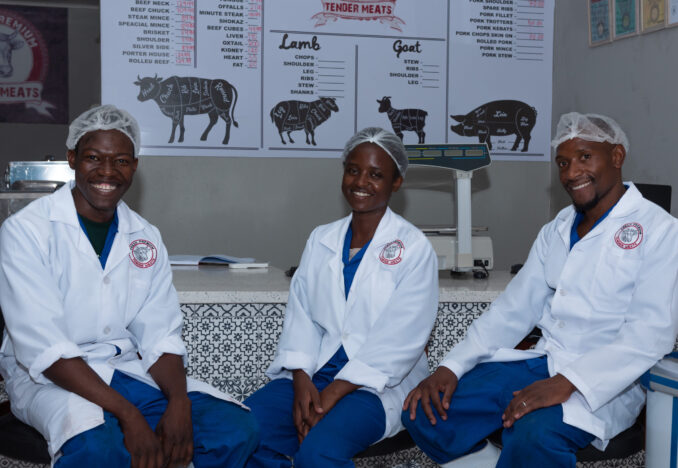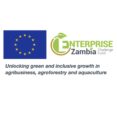Brief overview
We empower livestock and grain farmers through a range of innovative services with a focus access to market, capacity building training, insurance, input loan and veterinary services
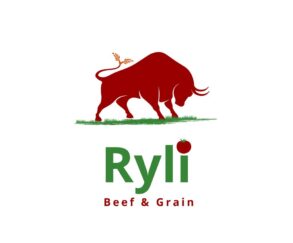
About Us
History
“Big change always starts with a small movement”
Founded in 2016, Ryli Beef is a for-profit social enterprise that believes in farmer-centric impact. We are on a journey to be a sustainable meat producer with a fully integrated and ethical supply chain driven by a simple approach “making commodities markets work for everyone” by by treating the environment well, treating people well, and treating the animals well.
Ryli Beef and Grains core business involves producing, fattening, processing and marketing of livestock. RBG produces livestock on its own farms and buys livestock (mostly cattle weaners but also goats, lamb and poultry) from small holder farmers. We also buy cereal grains and legumes from our outgrower sourcing network of smallholder farmers which are processed into feed and used to fatten the cattle. The company sells a combination of live animals, whole carcasses and retail/processed beef products.
Vision and Mission
Vision
To be the leading producer and processor of beef and meat-related products in Zambia.
We aspire to be the preferred choice for customers seeking high-quality meat products.
To achieve this, Ryli Beef focuses on traceability, food safety, convenience, and optimal nutrition.
Mission
To build profitable, lifelong relationships with customers by providing a wide range of affordable, nutritious, sustainable meat and related products to the benefit of all our stakeholders including livestock farmers as suppliers supported by a well motivated and innovative workforce providing sustainable positive impact in local communities.
Meet Our Team Members

Jeremiah Buumba Chijikwa
Veterinary Technical Manager
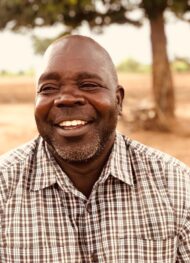
Tamba Hamane
Feedlot and Sourcing Manager
Livestock
To fulfill our purpose, we have integrated our business to build an end-to-end supply chain: from livestock production to branded retail-ready products.
We prioritize the health and well-being of our livestock. Each animal is raised with care, ensuring they are robust, disease-free, and thrive in harmony with the environment. We understand the importance of sustainable and ethical farming practices, so you can trust that our animals are treated with respect and provided with a comfortable environment.
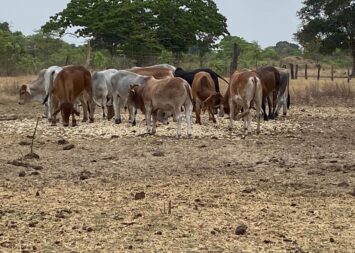
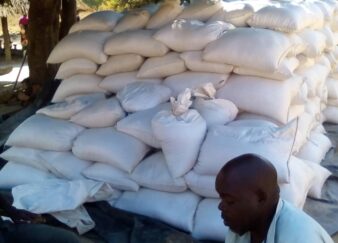
Grains
We equitably source our sustainably grown drought tolerant legumes and cereals from our out- grower sourcing network of smallholder farmers. Our farmers are equipped with input loans and agronomic capacity building training to grow and maximize yields for climate smart varieties of maize, sorghum, cowpeas, groundnuts, soya beans, pastures, forage crops and sunflower.
These grains are primarily processed for the manufacture of our own livestock feed requirements. The goal of this processing is to expand into livestock feed production, further aiming to establish a last-mile distribution network. This distribution network would support rural farmers in diversifying from the traditional practice of relying solely on one season rain-fed agricultural practice, one season to the next.
Pastures and Agroforestry
Pastures
Availability of Pasture and fodder crops is a focal point in our operations. Improved pasture planting programs have doubled the stocking capacity on our Monze farm. The pasture species selected include several varieties of drought tolerant Napier grasses (green, gold and banana grass), panicums and bracharia.
We also practice environmentally friendly grazing management allowing for soil regeneration and harmonious growth of our carrying capacity.
A shortage of high-quality dry-season fodder supply has been widely recognised as one of the main constraints to animal production among livestock farmers in Zambia, especially in the Southern Province where long drought periods and flooding frequently occur.
We have recognized the important role in the farming system that fodder trees have in improving carrying capacity and land restoration activities. As a result we pay increasing attention to planting and training farmers on species which fix atmospheric nitrogen such as Leucaena spp.; G. sepium and Acacia spp.
Agroforestry
Sustainability
We strive to nourish people, livestock and the planet through our Policy which puts into practice our commitments to environmental and social sustainability based on RBG’s mission and mandate.
Reduce GHC and carbon footprint in all facilities by using solar energy, high intensity LED lighting and alternative energy sources such as biogas. Where possible RBG will provide support for CSA regulation and related lobbying through participation and advocacy.
RBG has prioritized efforts to identify where we can advance biodiversity in a meaningful way by advancing practices and products that support biodiversity, reducing the need for land-use change, enabling soil biodiversity and identifying opportunities to protect pollinator habitats.
RBG will use sustainable solutions that increase yield potential per acre or hectare, which could expand opportunities for how they use land to set it aside to protect habitats, safeguard forests, capture carbon through cover crops, or expand crop diversity.
As we look at the opportunities and challenges ahead, as well as the demographic changes taking place in our world, it is clear that ID&E is critical to our success. To provide customers and the farming farmers with innovative, sustainable solutions today and tomorrow, we must attract and retain the best talent from a variety of backgrounds, worldviews and life circumstances. We also must create a culture of belonging in which our employees and community members feel valued, appreciated and able to contribute fully every day. These efforts are essential to enabling the curiosity, creativity and ingenuity that fuel innovation.
RBG integrates the gender lens as part of the organization, in gender mainstreamed projects and gender-specific projects.
RBG recognises gender equality and social inclusion as prerequisites for sustainable development, economic growth, and social justice. We recognise that gender and various forms of exclusion are highly complex fields which need thorough understanding as they intersect with multiple dimensions of marginalization and discrimination. Social inclusion is being mainstreamed in the organization and all of its projects.
Services
“To improve is to change; to be perfect is to change often.”
Farmer Trainings
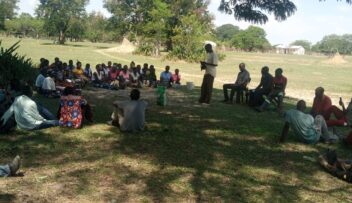
Processed Meat Products
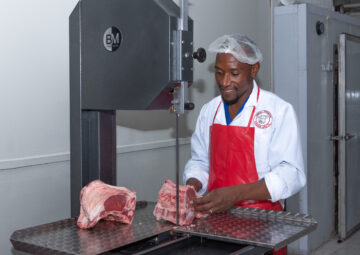
Livestock and Grain Offtake
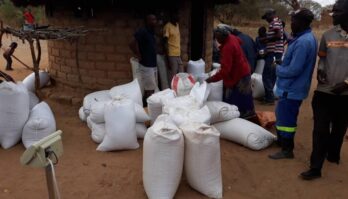
Breeding Animal Supplies

Bull Meat Supply
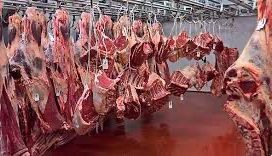
Pasture and Livestock Feeds

